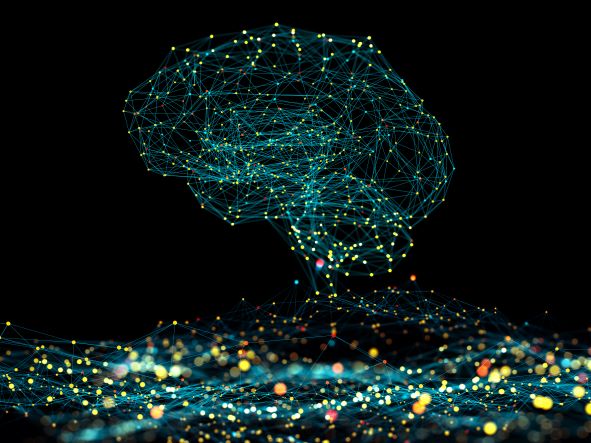Brain plasticity can be defined as the ability of the nervous system to change its activity in response to intrinsic or extrinsic stimuli by reorganizing its structure, functions, or connections. Brain plasticity can be modulated by rehabilitative intervention after an acute event or during the phases of the disease. Exercise-based interventions enabled by rehabilitation technology could be look upon as somewhat equivalent to the prescription of a pharmacological intervention to boost biological, neurobiological, and epigenetic changes, thus exploiting brain plasticity.
There are open questions related to the definition of complex adaptive fine-tuning of the control interactions between sensors, interfaces, actuators, and the clinical management of the rehabilitation processes through technology. One main question is how the selection of treatments impacts brain plasticity.
In this special issue, we seek original and review papers on the modulation of brain activity achieved via rehabilitation intervention. We welcome papers from a broad range of disciplines, including clinical, basic science, and engineering fields. We hope that the manuscripts of this special issue will advance our knowledge of the interactions between brain mechanisms and functional recovery and motivate research into the development of more effective and relevant treatments for neurological patients.
Guest Editors:
Alessandra Pedrocchi – alessandra.pedrocchi@polimi.it
Politecnico di Milano
Eleonora Guanziroli – eleonora.guanziroli@gmail.com
Villa Beretta Rehabilitation Center
Submission Information:
January 16, 2023

